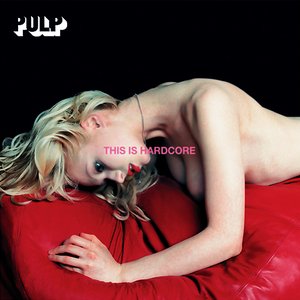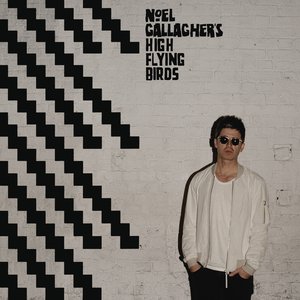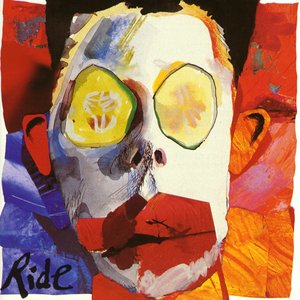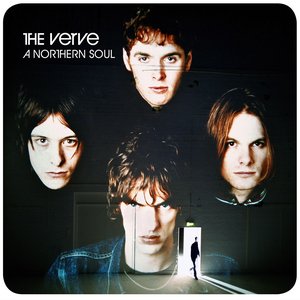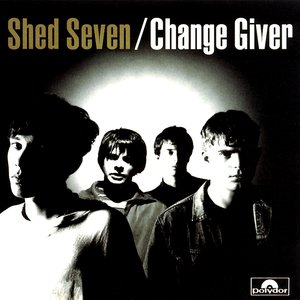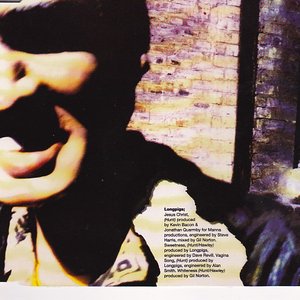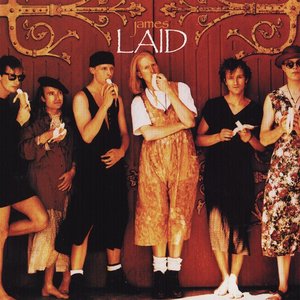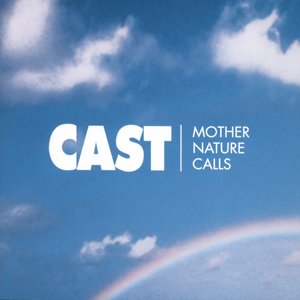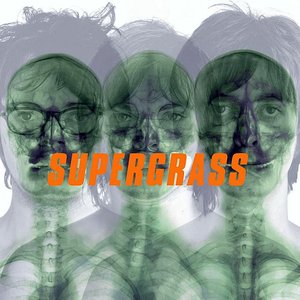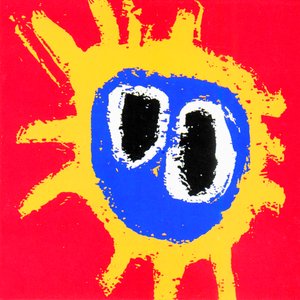Wiki
-
Release Date
29 September 1997
-
Length
13 tracks
Urban Hymns is the third album by English rock band The Verve, released on 29 September 1997. It earned nearly unanimous critical praise upon its release and went on to become the band's best-selling release and one of the biggest-selling albums of the year.
The album received nearly unanimous critical praise upon its release, with Melody Maker naming Urban Hymns as the number-one album of 1997 in its year-end list. The album is featured in the book "1001 Albums You Must Hear Before You Die".
In the years following its release, Urban Hymns received much acclaim. In 1998, it won Best British Album at the Brit Awards, it was also shortlisted for the Mercury Prize, and Q magazine readers voted it the 18th greatest album of all time. The magazine placed it in the same position in 2001. In 2006 its editors voted it the 16th greatest album of all time. The Verve was awarded with the first-ever "Q Classic Album" award for this album at the 2007 Q Awards. In a 2008 poll, Urban Hymns was ranked as the 10th-best British album of all time.
The Verve were known for their music's complex, immersive sonic textures. "Bitter Sweet Symphony" was a hit on both sides of the Atlantic, and remains the band's most well-known song. "The Drugs Don't Work", the Verve's only number one single in the UK, has become a concert staple for jam bands and other groups. The rest of the album alternates between wistful ballads like "Sonnet" and "Space and Time", spacey grooves like "Catching the Butterfly" and "The Rolling People", and all-out rockers like the Led Zeppelin-esque, pounding "Come On", which closes the album.
The Verve had previously released two albums, A Storm in Heaven in 1993 and A Northern Soul in 1995. Neither album had achieved mainstream success, and the band split shortly after their second album due to internal conflicts. Vocalist Richard Ashcroft quickly reformed the group, including guitarist Nick McCabe, But also with Simon Tong, a friend of Ashcroft. The Verve had become a five-piece music group.
Album descriptions on Last.fm are editable by everyone. Feel free to contribute!
All user-contributed text on this page is available under the Creative Commons Attribution-ShareAlike License; additional terms may apply.

